Coming from what she’s suggests was a conservative South Korean background, Anna Lee’s, career path towards sextech engineer and company boss might not look like a linear one.
Lee previously worked as an engineer for Amazon in the US, working on the Kindle, before co-founding the Lioness vibrator company. Having an engineer’s insider view of how so much product design was derived from male perspectives —even designs for vibrators— inspired a different approach to her own products.
With the first Lioness model launched in 2017, the vibrator’s USP was its biofeedback function. By recording the intensity of the user’s pelvic floor contractions, the vibrator can record orgasm data. If you have a Lioness you can use this data to work out what factors help you have more intense orgasms. Simple. Some people have also used the data for more innovative purposes, like converting orgasm graphs into music.
Lee is also something of a TikTok smash (her TikTok username is Annatheaverage), with her videos about her own orgasm data, and discussions about “the shit that I wish they’d taught us at sex ed”, clocking up over nine million likes. She currently has just under 400,000 followers on the network.
SEXTECHGUIDE caught up with Lee to hear more about her innovative vibrator design, and why her videos (about everything from squirting to her relationship with her mother) have connected so well.
SEXTECHGUIDE: Hi Anna! So, why is having a biofeedback function on a vibrator a good thing?
Anna Lee: When we look at female sexual wellness or sexual health for women, a lot of times it’s focused on things like fertility, which are very important, but we never really get information and data about our sexual pleasure. We were trying to build an AI vibrator that moves and vibrates differently. The more you use it, it gets to know you better and better. We’re measuring pelvic floor contractions, which is one of the best indicators for orgasms and arousal.
We’re giving people an opportunity to see how the data might have changed, what might have made it better, but also giving people the opportunity to normalise it. It’s just giving people a sense of comfort of being like, “This is just what your body looks like. And this is exactly how it works.” In terms of learning curve, we consider it almost like a Rorschach inkblot test, when you first do it. The more you look at it, you start visualising and seeing the full picture of what you’re looking at.
For me, even just drinking a cup of coffee or having a glass of wine will make that look very different. You give yourself that chance to actually start seeing the differences in your pleasure.
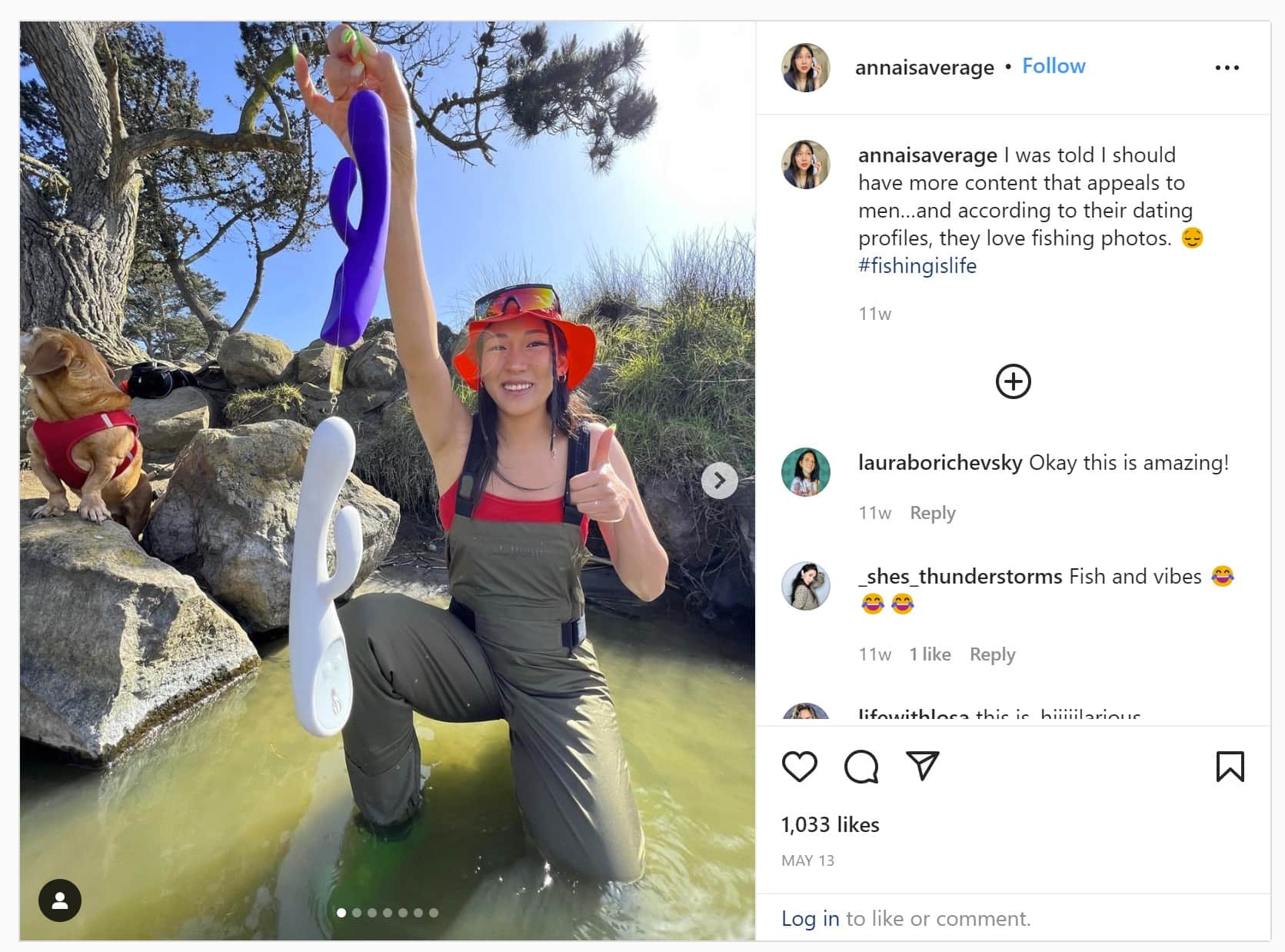
‘Wellness’ has become a marketing buzzword for sextech companies, but why is it important for a company like Lioness to be branded as ‘wellness’ rather than just ‘pleasure’?
It’s normalising the conversation around sexual pleasure. When you correlate it to wellness it helps people break stigma or cultural shame. The cool thing we’ve seen with Lioness and doing data is that it’s so interconnected to your overall wellness. For example, a lot of times sexual dysfunction for males and people with penises is a good indicator for things like cardiovascular disease. We don’t have that as much for women and people with vulvas. So, we’re seeing these connections of what female sexual dysfunction might correlate to.
We’re still living in a society where there’s so much cultural shame. There are so many stigmas around this space. We do have to use words like ‘wellness’ to remind people that this is something that’s normal.
Do you think that sextech is getting closer to mainstream acceptance?
When we were trying to explain what we we’re doing as a company, it was constantly categorized as pornographic or ‘adult industry’ content. It was hard opening bank accounts, and when we were talking to investors it was like, ‘Well, why does this exist?’.
It feels like we’re really advancing. There are so many incredible companies in the space. Even just things like the material vibrators are made out of, thoughtful design, or what colours they should be – all those things have changed over the years.
That said, getting that narrative out has still been stunted. A lot of that is because we’re not able to use social media as a platform. For TikTok, I can’t say the words ‘clitoris’ or ‘orgasm’ without getting flagged. We’re having to circle around how we say the word ‘penis’ and all those things.
There are so much pioneers in the sextech space, but if we’re not able to do proper sex education…
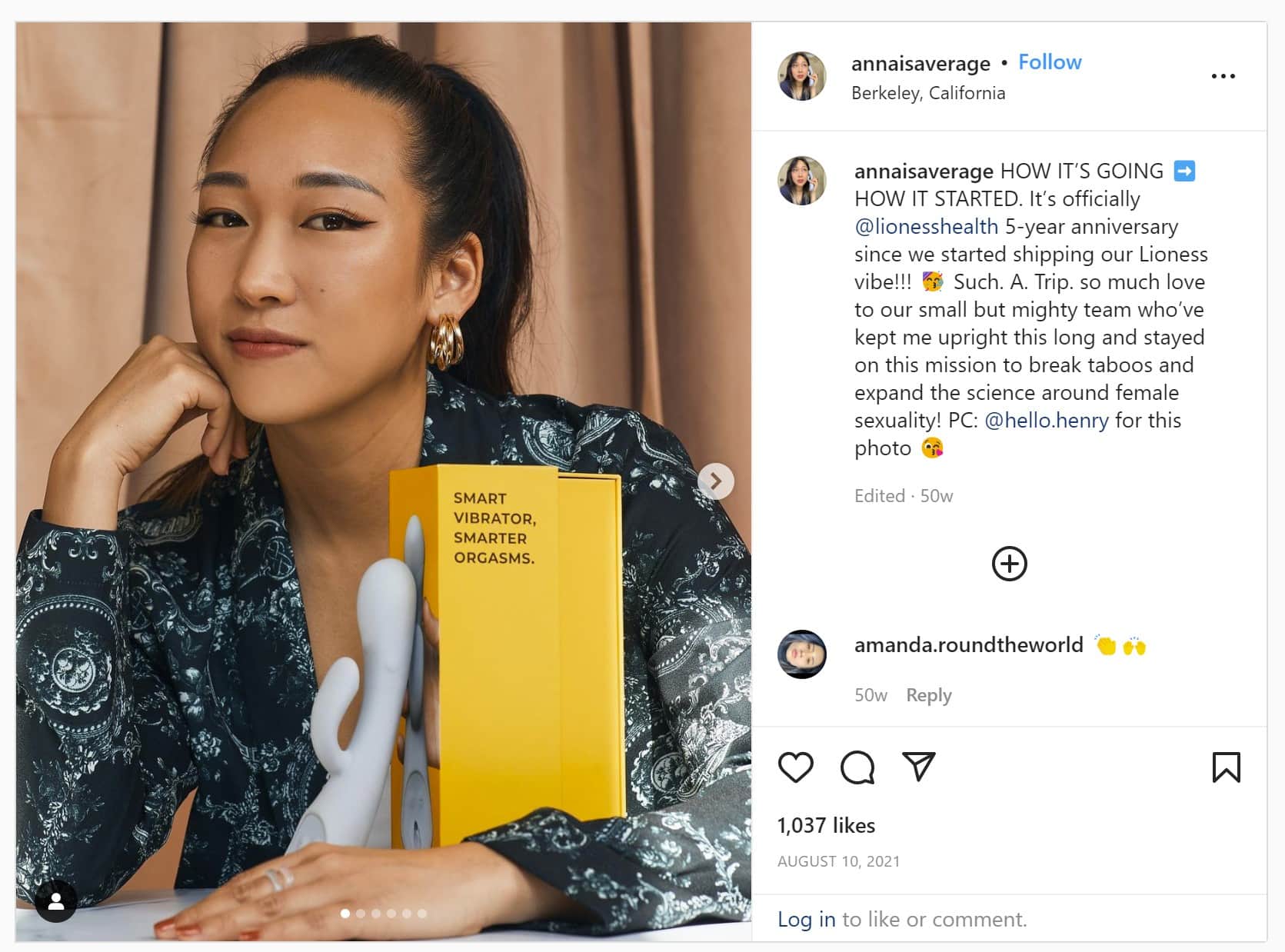
Do you think social media regulations are holding sextech back a lot? You still manage to get big numbers on TikTok with your videos about sex
Because my videos were doing well they started getting on TikTok’s radar, to make sure the content was safe. I understand it in the sense of age restrictions and who might be watching, but at the same time it’s about differentiating what is educational and what isn’t.
It’s like their [TikTok’s] way of going about it is, “We’ll just ban every [sex-related] word or everything that looks phallic”. They’re under-utilising the amount of people in the space who are thought leaders, [who could] help change policies around it. We need these companies to help change what we’re looking at in terms of femtech and sextech.
What makes your TikTok videos connect?
I’m not coming from a space where I’m like, “I know everything”, I’m not a sex therapist. I’m a person who’s an engineer who has a curiosity about her body, and has read a lot of sex research. I hope it feels like a journey that people are on with me, like, “Oh, this is a really cool paper I read”.
It’s also probably the orgasm data [that people are interested in on TikTok], and me being so open. But to me it’s a graph, it doesn’t feel that sexual in terms of content for me. It’s more me being nerdy, like, “This is what it looks like after I use a showerhead versus not”.
Also, a lot of the feedback I’ve got in in the Asian-American and Asian community has been about seeing someone who looks like them talking about a stigmatised topic. In sextech, there aren’t a lot of faces that look like us. So being able to see someone like this talking about their own sexual pleasure is pretty positive.
You mentioned struggling to open company bank accounts – do you think problems like these ease as sextech becomes more mainstream?
As we see more companies and investments coming in, it’s only a matter of time. It’s a slow burn, even for us companies that have been around for six or seven years.
There was a New York Times article that came out with the Centre for Intimacy Justice, talking about how femtech companies can’t do Instagram ads as much as things like erectile dysfunction ads. We’re going to keep seeing these little bubbles of people realising how much injustice there is in the space, and how they’re sweeping things under the rug versus having a conversation about what’s allowed.
I see the amount of people who want to come into femtech after they graduate. That’s promising, considering that it’s not something that, when I was a teenager, I thought could be a career path. It’s only a matter of time to change what we see in this landscape.
How did you find starting out as woman in engineering: a typically male-dominated space?
It gave me a feeling of a superpower, being both a person that identifies as a woman and an engineer. I felt like I could build something so much better and have insight on how to build something in a way that hasn’t been commonly seen in this space.
Before I started this company I was working at Amazon as a mechanical engineer, in a team of 16 engineering guys. We were building products considered unisex, but when we consider unisex it’s more from the male gaze of how a product should be made. When I came into the sex toy industry I noticed that design was male dominated, even for products built for people with vaginas. It gave me this feeling that we can really innovate in the space.
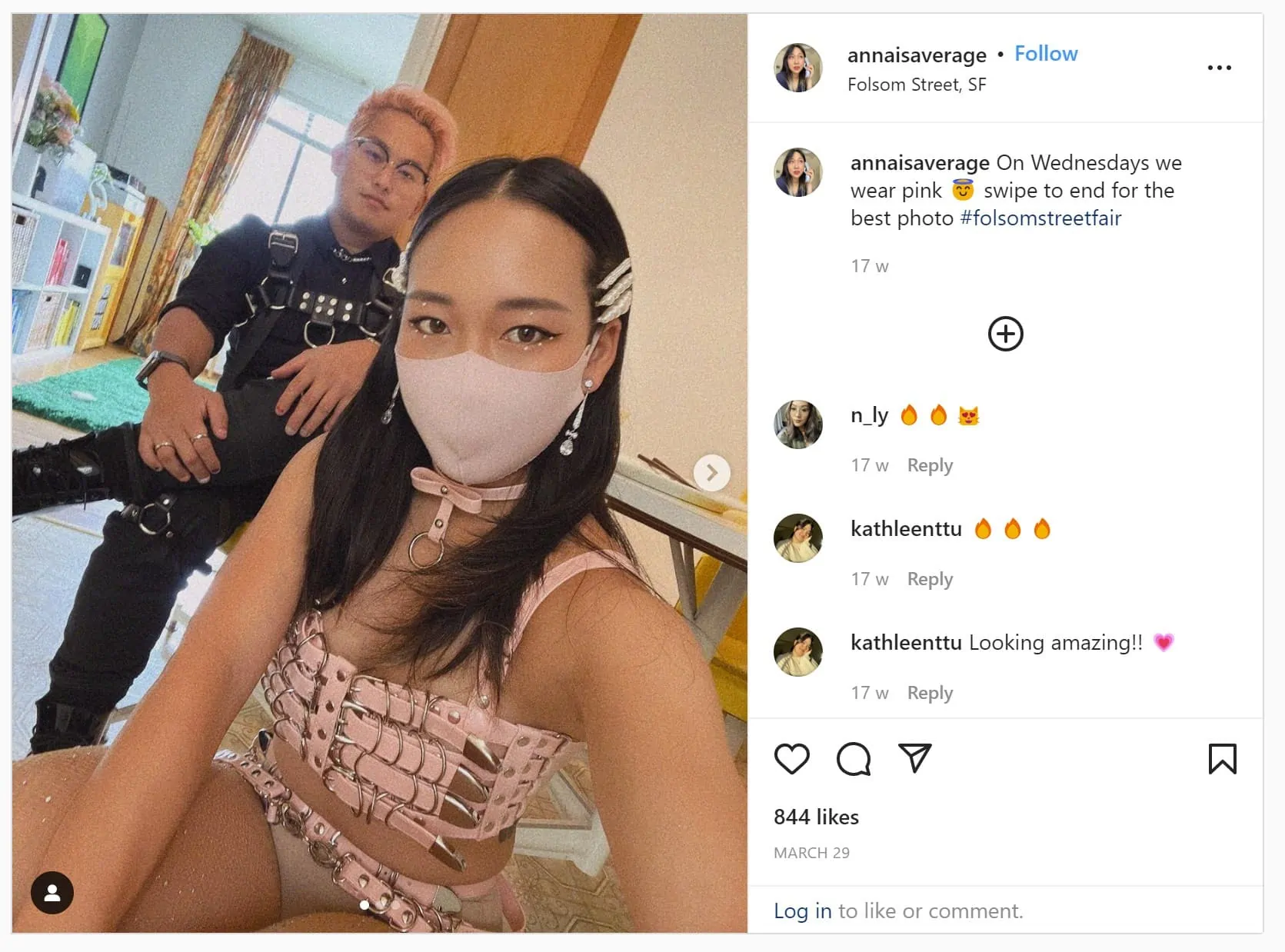
Lioness runs the Sex Research Platform, using data from its vibrators. You already put out a report about vibrator use during the Covid pandemic – what can we expect next?
The Lioness vibrator is collecting the same data that a research facility would use in terms of measuring an orgasm by using pelvic floor muscles, and there are going to be studies coming out in the next couple months. We did one with ISSWSH: the International Society for the Study of Women’s Sexual Health.
People are really curious about things like, ‘How often do people masturbate?’ or, ‘What is the general length of a session?’. The Covid one was important as a break of the narrative: ‘Everybody’s super-sexually active and having babies during Covid, everyone’s buying vibrators, everyone’s masturbating’. I remember being like, “I wonder if something’s wrong with me, because I’m not feeling like that.”
We saw a statistically significant drop in vibrator usage and masturbating frequency during the peak of the pandemic. It helped normalise the conversation around, ‘Whether you’re feeling more or less sexually active, those were normal narratives’.
We’re hoping to continue doing different studies, whether it’s partnering with a cannabis company, like, ‘What does cannabis make people’s orgasms or arousal look like?’, or putting out more that are academic and medical research-focused.
Finally: could you tell me about the Brooklyn musician Von, who has made music using her Lioness vibrator orgasm data graphs?
It’s kind of a beautiful full circle. Liz [Klinger], my co-founder and CEO, had an event in Brooklyn when we put out our first version of our product. Von came to the event, so she got a Lioness from that. I was just scrolling through TikTok and saw she had a viral video explaining that she was using the Lioness vibrator to make beats.
I was shocked that someone was doing something so interesting with our vibrator. It’s everything that we hope for in Lioness. As much as it’s data-driven or nerdy in a lot of ways, the beautiful thing was seeing a cultural shift in things like how people connect to music.
I connected with her in Brooklyn, she showed me her process of making music with her vibrator, with the waves of her orgasm turned into a beat. There’s something so cool about what Von is doing: changing the culture around sexual pleasure and owning that.
We also saw a person who had bronze cast her orgasm into a 3D structure. It’s such a cool, unexpected thing that we’ve seen with the community taking over what their orgasm and pleasure means to them.
Read next: ‘Disabled people in porn are important’: Meet disability activist Andrew Gurza



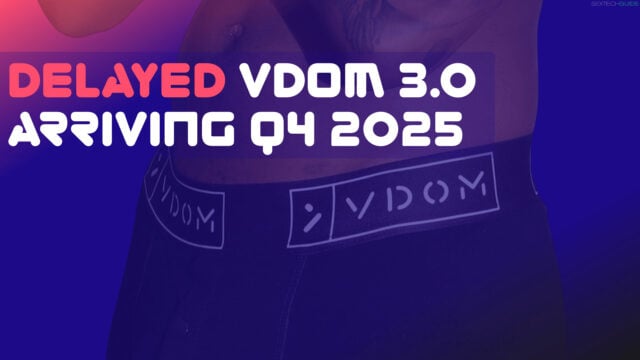
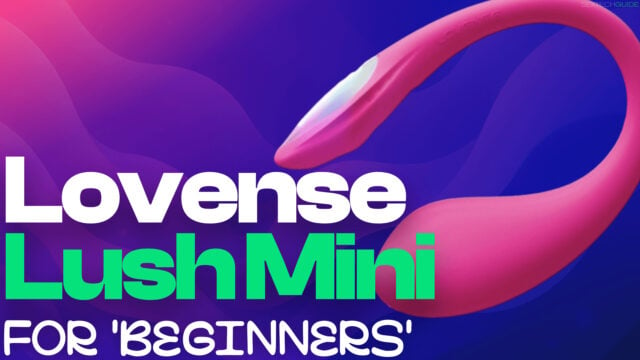
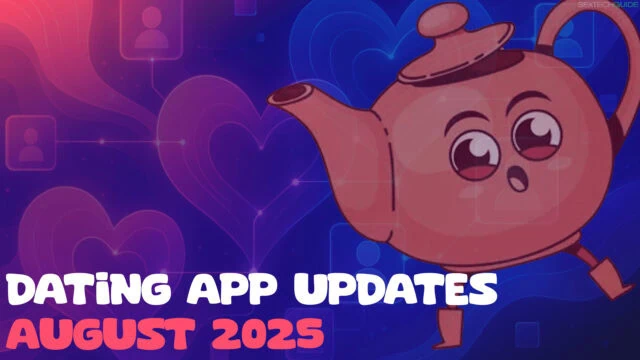
Leave a Reply